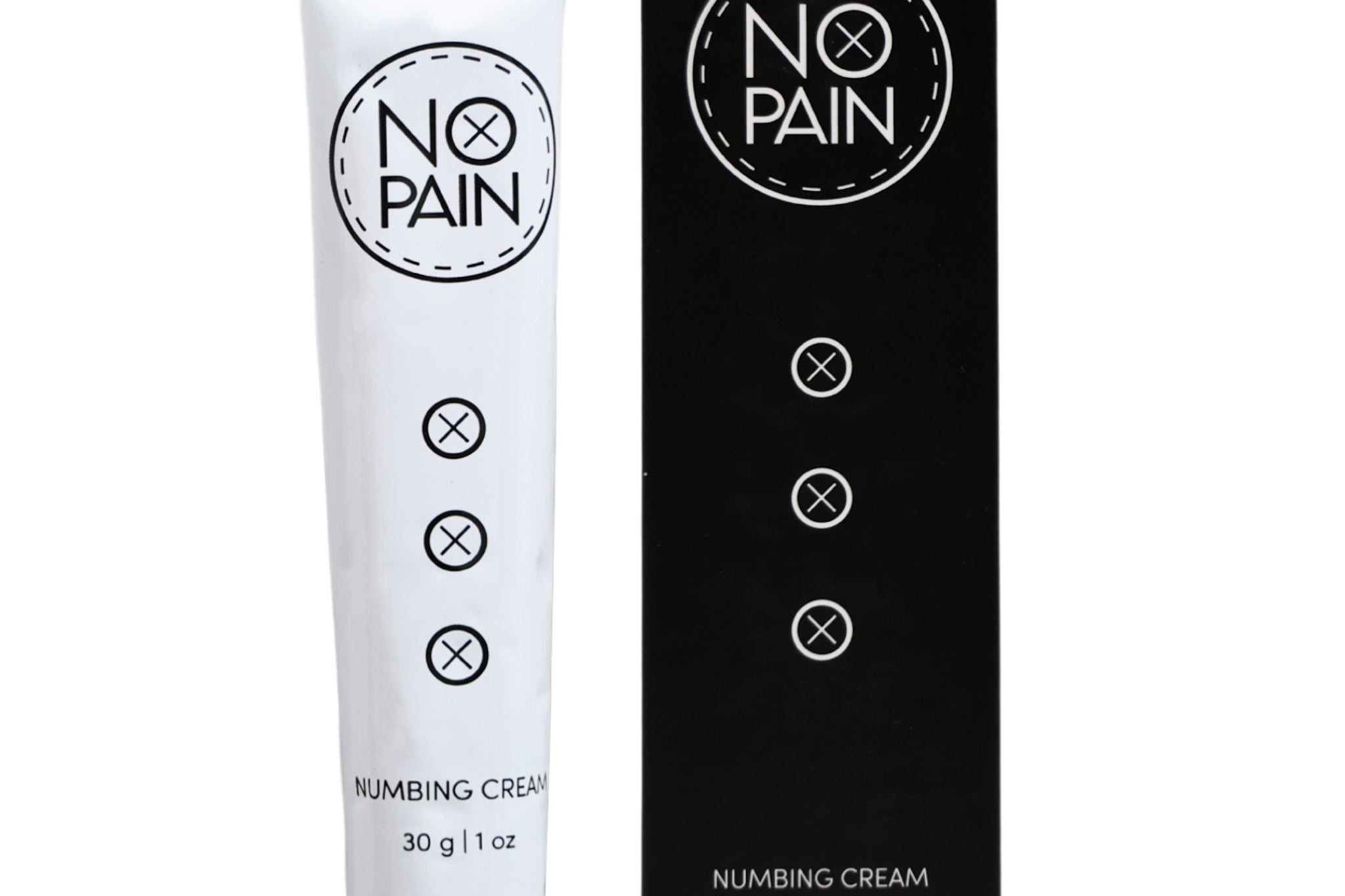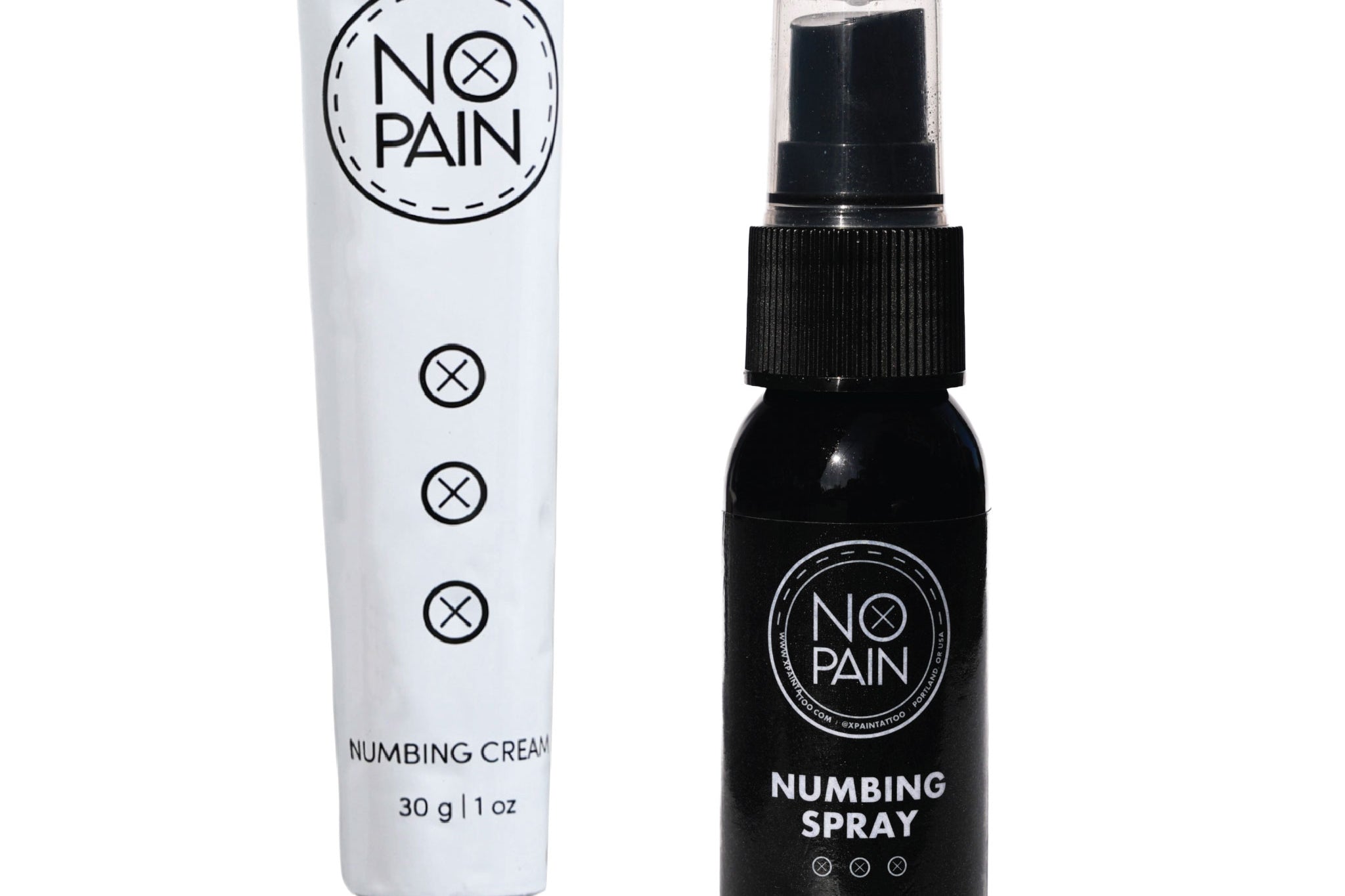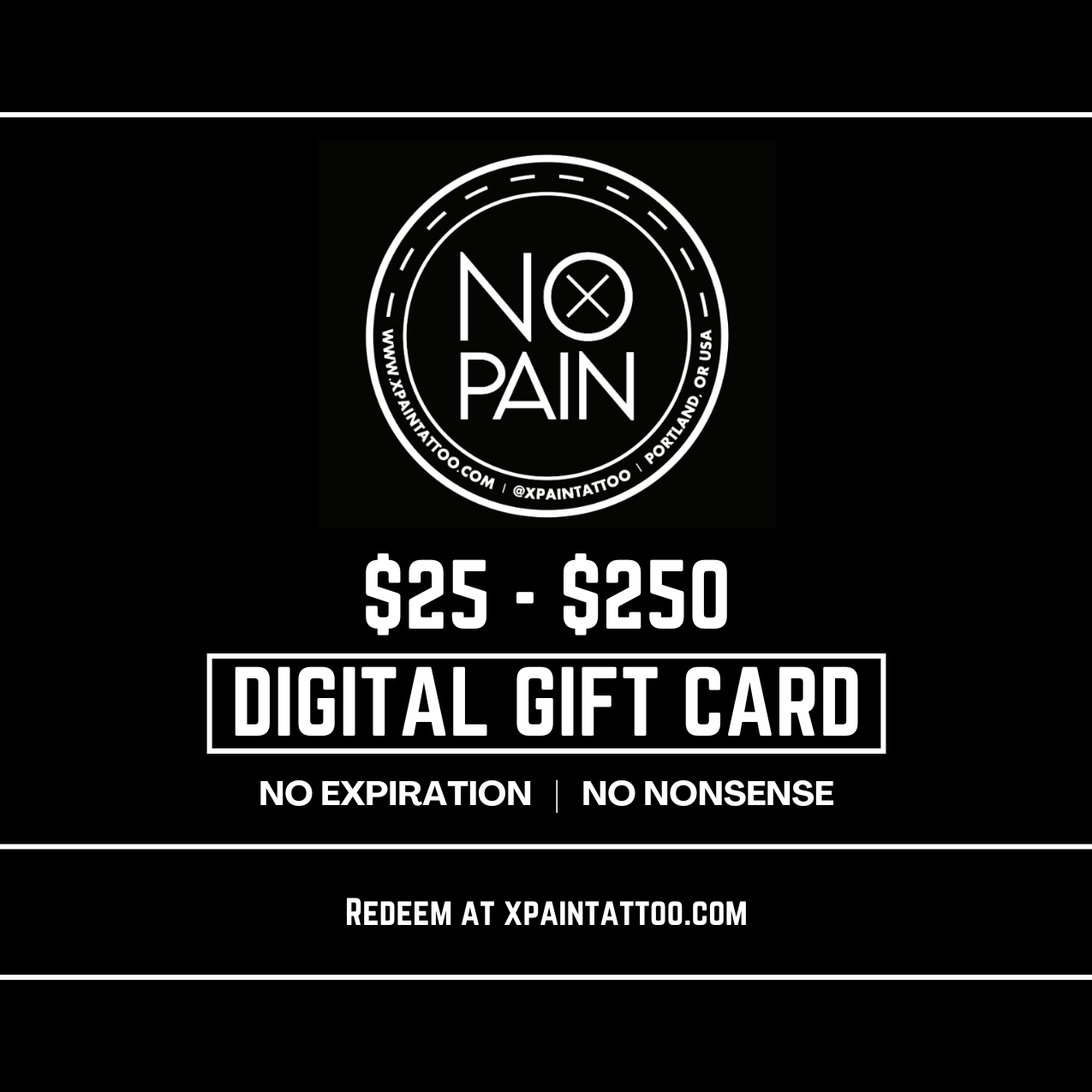Tattoos have a unique power to mark a moment, celebrate a milestone, or simply bring a piece of beautiful art into your life. For many, the desire to get a tattoo doesn't fade with age. In fact, many people feel more confident and self-assured in their later years, making it the perfect time to get the ink they've always wanted.
But a common question often holds people back: "Can you be too old to get a tattoo?"
Let's be perfectly clear: There is no age limit on self-expression. You are never "too old" to get a tattoo. From Judi Dench getting her first tattoo at 81 to the countless grandparents and retirees who are now getting their dream ink, age is just a number.
However, it is true that mature skin has different needs and challenges than younger skin. Understanding these differences and working with a skilled professional is the key to getting a beautiful and well-healed tattoo at any age.
Understanding Mature Skin: The Real Considerations
The issue isn't age itself, but the natural changes that happen to our skin over time.
-
Loss of Elasticity: As we age, our skin produces less collagen and elastin, the proteins that keep it firm and plump. This can make the skin a bit softer and less taut, which requires more skill from the artist.
-
Thinner Skin: The skin, particularly the top layer (epidermis), can become thinner and more delicate over the years.
-
Slower Healing: Our body's natural healing processes tend to slow down as we get older. A tattoo on a 65-year-old may take a bit longer to heal than the same tattoo on a 25-year-old.
How a Professional Artist Adapts for Mature Skin
A skilled, experienced tattoo artist knows exactly how to work with mature skin. They will often:
-
Use an Expert Stretch: They will be more meticulous about stretching the skin to create a firm, smooth canvas for the needle.
-
Work More Slowly: They may work at a slightly slower, more deliberate pace to ensure the ink is deposited at the perfect depth without causing unnecessary trauma to the more delicate skin.
-
Recommend Smart Placements: Areas where the skin has remained firmer and has been less exposed to the sun over a lifetime—like the inner bicep or outer forearm—are often fantastic canvases.
Pain and Aftercare: A Mature Approach
-
The Pain Factor: Pain is subjective, but some people find their skin becomes more sensitive with age. How bad do tattoos hurt on mature skin? It varies. But you don't have to guess. The best way to prepare for tattoo pain at any age is with a high-quality numbing cream. Our No Pain Tattoo Numbing Cream is a perfect tool to ensure the experience is comfortable and anxiety-free.
-
Aftercare is More Crucial Than Ever: Because healing can be a bit slower, your tattoo aftercare routine needs to be flawless to prevent infection and ensure the best result.
-
The Challenge: A longer healing time means a longer period of vulnerability for the tattoo.
-
The Solution: A complete, professional aftercare system is your best bet. Our No Pain Tattoo Aftercare Bundle provides the gentle Cleansing Foam needed for safe cleaning, and the deeply nourishing Aftercare Balm is essential for providing the hydration mature skin needs to heal beautifully.
-
The Verdict: The desire for art and self-expression has no expiration date. You are never too old to get a tattoo. By finding an experienced artist who understands how to work with mature skin and by committing to a flawless aftercare routine, you can get a stunning piece of art that you will love for all the years to come.





